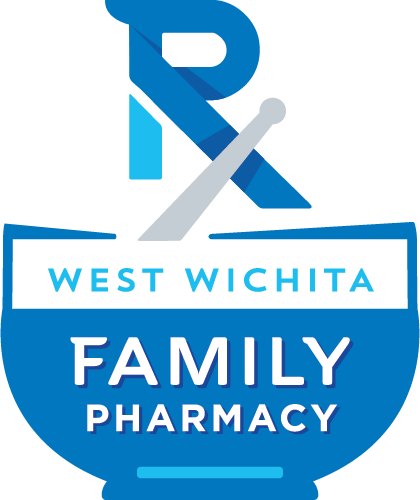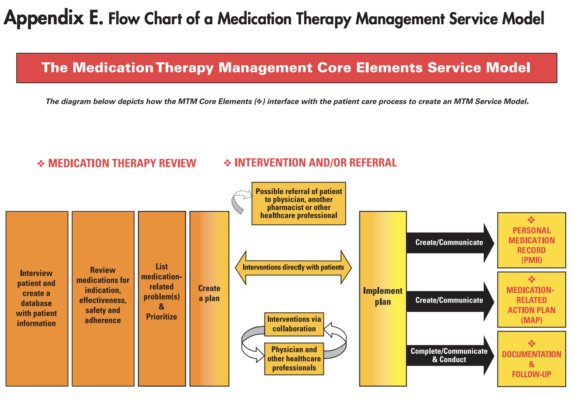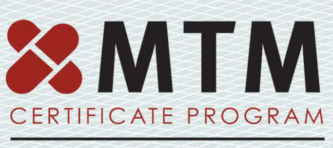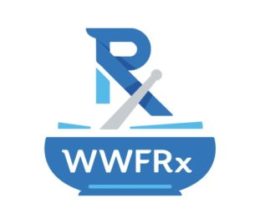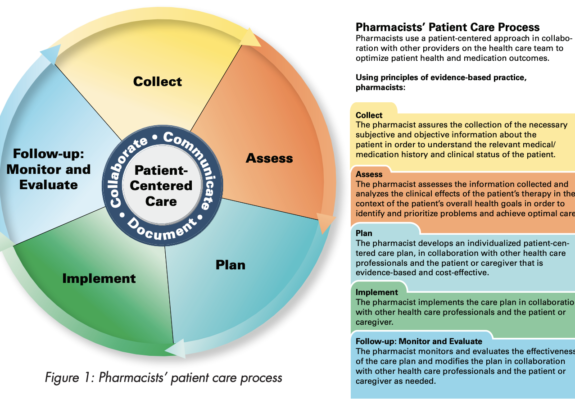Phone: 316-491-6428 8200 W Central Ave. Ste. 5, Wichita, KS 67212 Hours
What is MTM?
MTM services are distinct from medication dispensing and focus on a service- & patient-centered, rather than a product-centered, process of care. These services encompass the proactive assessment and evaluation of a patient's complete medication regimen, rather than focusing on an individual medication product or reacting to medication changes and side effects
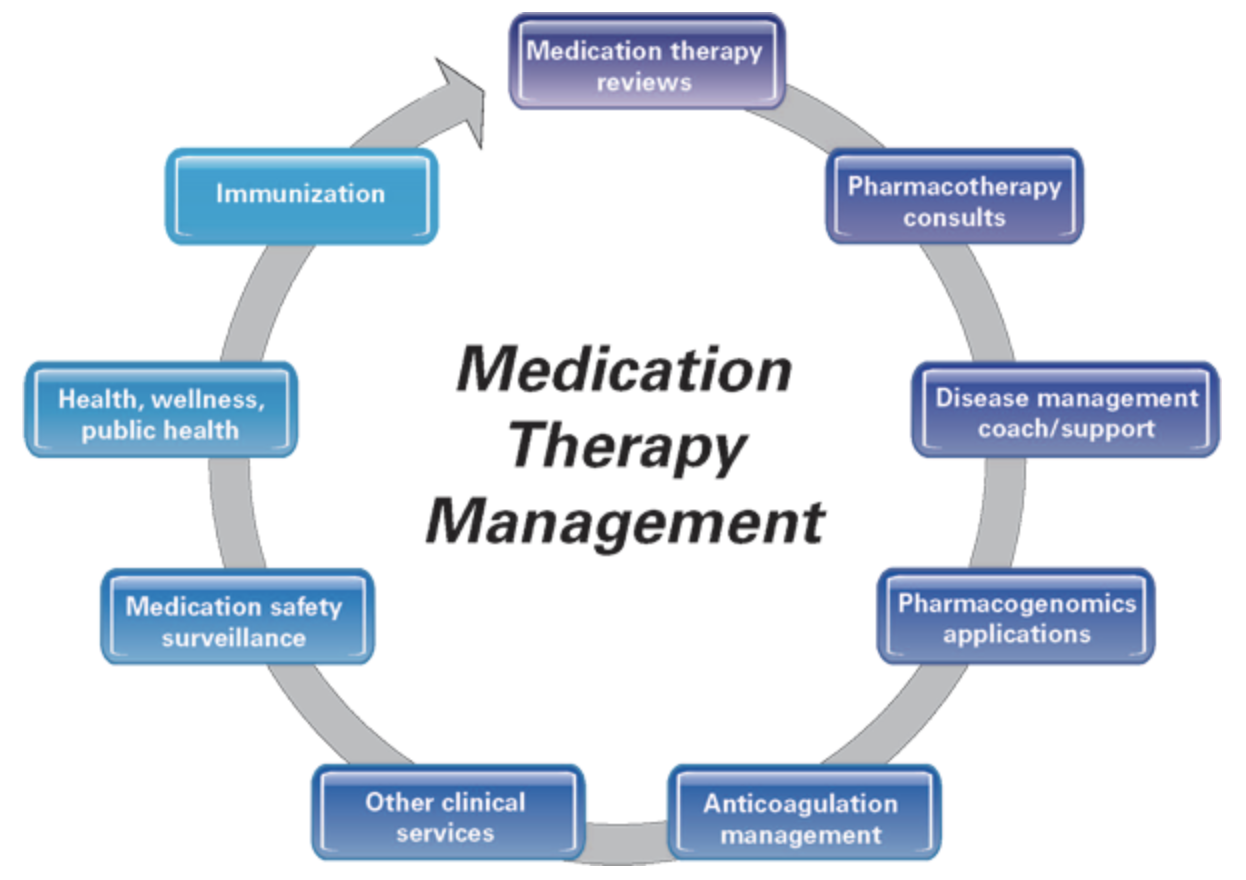
How We Can Help
Patient Care Process
Collection of information for MTM involves a combination of obtaining info from the patient's medical records, obtaining info directly from the patient, and communicating relevant information to other providers.
An overarching goal of MTM being to connect these information sources, so that patients understand what has been prescribed & how to appropriately take it, and the prescriber recognizes how the patient is using medical therapies
MTM vs Rx Counseling
With MTM, the idea is to find out what the patient's goals are and to look for ways to address those needs or problems; this is achieved during regular appointments by asking the patient two basic questions:
- If there is one issue we can address related to your medicines, what would it be?
- What is the most important thing you want to get out of your visit today?
Why is MTM Worth My Time?
MTM is a valuable service for most (if not all) of the pharmacy clinic patients, if willing to actively participate:
- Proven effective in helping patients better manage their health
- Different (service-based & patient-centered) from traditional pharmacist counseling
- Designed to focus on the individual patient's chief concerns, problems, and/or questions
- Designed to streamline & simplify the individual's treatment, rather than complicate or create more work for the patient
- Improves outcomes of drug therapy
The First Steps
For both you and the WWFRx pharmacists, an essential first step is establishing a patient-pharmacist relationship that supports engagement and effective communication with you (and any of your caregivers & providers)
- This line of communication is maintained throughout the course of the MTM service, in conjunction with all involved providers, in order to centralize and simplify your medical information
Pharmacist,Abrams & Clark Pharmacy
"Everybody is a winner. The greatest savings for the pharmacy, for the patients, and for the overall health care system will be achieved from adherence to drug therapy resulting in improved disease management, reduced hospitalizations and fewer physician visits."
Med. Care. Journal Team-Based Care
"A team-based MTM program piloted in Minnesota (2012) utilized Pharmacists as part of the healthcare team in order to improve clinical outcomes across a study population of Diabetes patients. The study found that the MTM program improved treatment goals for diabetic patients by 22% versus sites that did not use team-based care."
